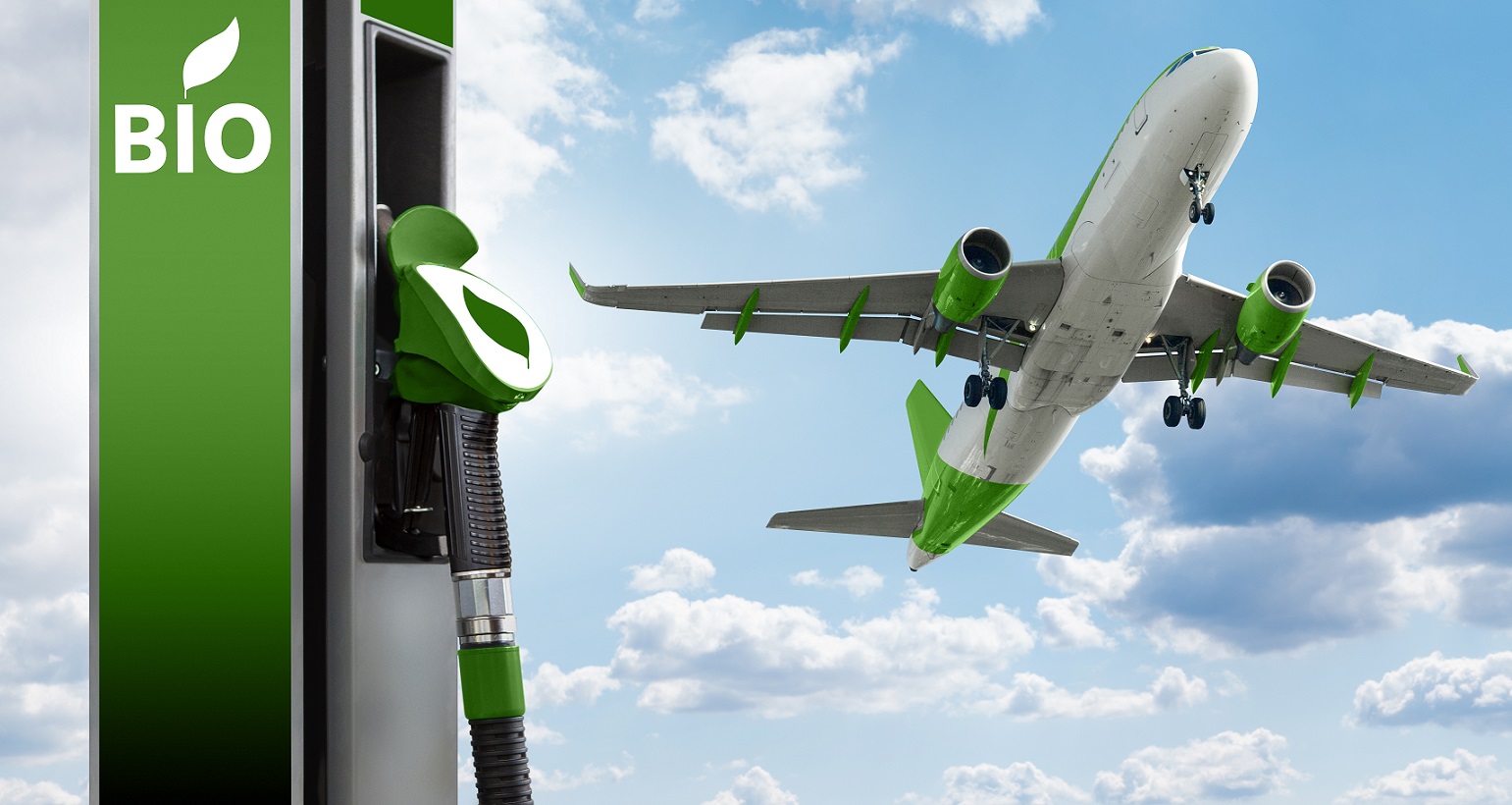Internation Civil Aviation Organization member countries have agreed to target a reduction in CO2 emissions generated by aviation by 5% compared to current fossil fuels by 2030.
The target includes a “collective vision” for green energy transition, harmonised regulatory foundations, supporting implementation initiatives, and improved access to financing for related initiatives so that “no country is left behind”.
The target will be achieved through a transition to sustainable aviation fuel (SAF), lower carbon aviation fuels (LCAF), and other cleaner energies
The ambition also reflects each state’s circumstances and respective capabilities, acknowledging that certain states have the capacity to progress at a faster pace than others.
The agreement was reached at the Conference on Aviation and Alternative Fuels (CAAF).
It will support the current goal of Net-Zero carbon emissions by 2050 as adopted by the ICAO Assembly in 2022.
One of the challenges faced by aviation in the takeup of SAF has been production limitations.
However, IATA hopes that the agreement sends a signal that aviation is backing SAF, which will encourage governments to invest in schemes and policies that encourage SAF production.
IATA director general Willie Walsh said: “Governments have understood the critical role of SAF to achieve net zero emissions for aviation by 2050.
“The CAAF/3 results add a vision on the shorter, 2030, time horizon that is ambitious.
“To that end, the CAAF/3 agreement signals to the world in no uncertain terms the need for policies that enable real progress.
“There is no time to lose. IATA now expects governments to urgently put the strongest possible policies in place to unlock the full potential of a global SAF market with an exponential increase in production.”
ICAO council president Salvatore Sciacchitano added: “The role of the framework is to facilitate the scale-up of the development and deployment of SAF, LCAF and other aviation cleaner energies on a global basis, and mainly by providing greater clarity, consistency and predictability to all stakeholders, including those beyond the aviation sector.
“Investors, governments and others all need greater certainty regarding the policies, regulations, implementation support, and investments required so that all countries will have an equal opportunity to contribute to, and benefit from, the expansion in the production and use of these fuels and the expected emissions reductions they will lead to.”
Forwarder LX Pantos the first to sign up for Korean Air’s SAF programme
The post Aviation targets 5% reduction in carbon emissions by 2030 appeared first on Air Cargo News.



